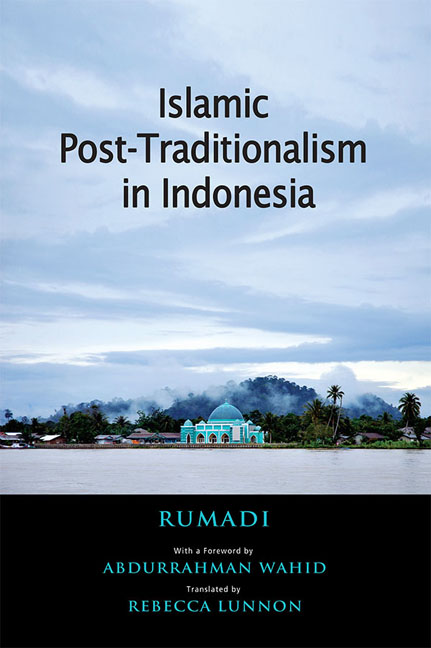Summary
Contemporary developments in religious (Islamic) thought within the Nahdlatul Ulama (NU) community reveal an interesting phenomenon, especially amongst the young cadres. They have progressive religious ideas in responding to modernity that stem from the traditional knowledge base they possess, but that are also shaped by the new knowledge they have gained from modernity. They are not only concerned with modernity, which they critique and view very carefully, but also with revitalizing tradition. This revitalization of tradition is not about glorifying and sacralizing tradition, but deeply critiquing it, both in terms of action and thought. In fact, even the pillars of the ahl al-sunnah wa al-jamâ'ah doctrine (belief in the Qur'an, the Prophet's Sunna, and the Muslim community) do not escape criticism. The NU youth's thoughts and ideas are generally more responsive in facing the challenges of modernity when compared to their seniors.
Nevertheless, studying the development of thought within the NU community is no easy task. Although NU is known as a traditional organization, tracking the dynamics of its intellectualism involves many complex elements and variables. This is because although the roots of NU's intellectual tradition are relatively similar, their expression by different NU thinkers is quite varied. This diversity demands that care be taken so as not to arrive at erroneous conclusions. This is even more important when taking a haphazard approach, such as applying the categories of traditionalism versus modernism. These categories are by now well and truly outdated when it comes to looking at where NU is at currently. In short, the spectrum of NU intellectualism has no single face.
This difficulty is also related to the reality that NU intellectualism is a field often neglected by academic studies. Those researching NU, both foreign and native, have the same tendency to examine NU purely from the aspect of politics and power. Meanwhile, the socio-intellectual aspects of NU remain largely unexplored.
- Type
- Chapter
- Information
- Islamic Post-Traditionalism in Indonesia , pp. 1 - 14Publisher: ISEAS–Yusof Ishak InstitutePrint publication year: 2015

